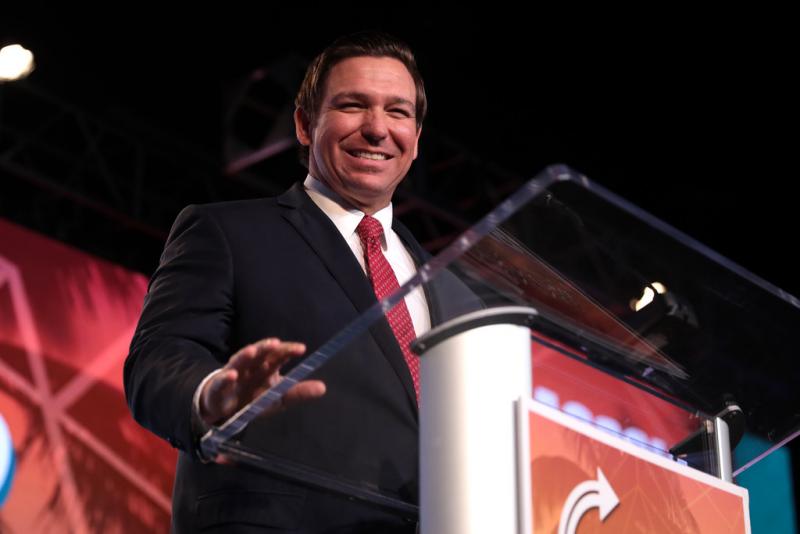
Despite its welcoming tax environment, and the “Florida Man” jokes that make it seem like anything goes in the Sunshine State, Florida is a bureaucratic nightmare when it comes to occupational licensing.
The state currently has the fifth most burdensome licensing laws in the U.S., according to the Institute for Justice.
Government should not place unnecessary barriers between people and jobs. It’s commonsense. Licenses, where they exist at all, should clearly be necessary to protect public safety – and the burden to prove this should be on licensing boards.
The reforms Governor DeSantis has proposed are likely the most sweeping set of reforms pitched in a state at one time. They would address the state’s licensing problem, and make it easier for Floridians, especially people just starting careers, to find work.
Governor DeSantis has said in discussing his reform package, “If you did nothing, it seemed like government would always get bigger. And that was the default. I think the default should be that if you do nothing, then government actually gets smaller because that means that we have more freedom and opportunity.”
The biggest proposed reform addresses this point. It is a sunset review process that would require the legislature to review the state’s occupational licenses (with some exceptions), and licensing boards would have to make the case as to why any licenses they wish to keep are required to protect to public safety.
Licenses that are not affirmatively approved during the process would automatically end, or “sunset.” Meaning anyone could then engage in that profession or trade without having to go through onerous testing and pay fees. Ohio was the first state to pass a version of this reform in late 2018, setting a great example for other states to follow.
The Governor’s reforms include immediately exempting some professions from existing licensing requirements, and changing interior design from a profession that requires a license to a voluntary certification.
Voluntary certifications make far more sense for professions where someone may want to demonstrate their ability to meet a set of standards, but where there is no need to outright bar people from practicing if they don’t jump through hoops.
The Governor’s proposals also seek to allow Floridians licensed in one county to have that license recognized in another county. Yes, Florida licensing is currently so absurd that even counties within the state do not universally recognize other county licenses. Fixing this is a great step, which hopefully can soon be followed by interstate reciprocity, as we’ve seen in Arizona.
Another key change would be preventing the state licensing authority from barring people with student debt problems from getting a license. It’s counterproductive to punish someone with student loan debt by preventing them from earning money to pay back that debt. Even after covering all of these cutting edge reforms, there is more to the Governor’s proposal.
Governor DeSantis and Florida legislators deserve a lot of credit for leading on this issue, and getting government out of the way of Floridians who are looking for work, and starting businesses.
This approach is how you take a state that is already great on taxes, and make it even more friendly for workers and employers.

